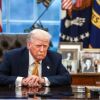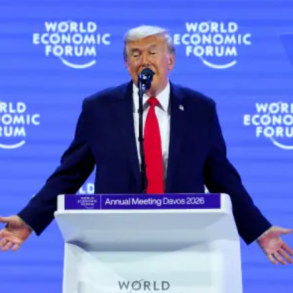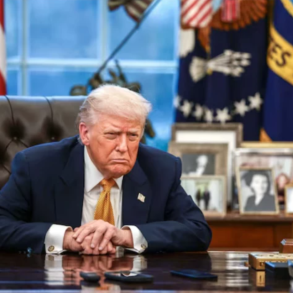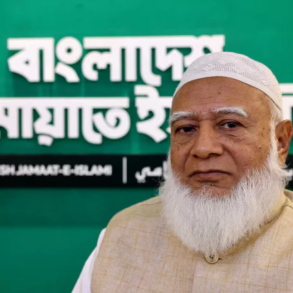As the Dalai Lama turns 90 this Sunday, the revered Tibetan spiritual leader has once again made it clear: China will have no say in his succession. Amid a week-long celebration in Dharamshala, where thousands of devotees, international dignitaries, and prominent figures—including actor Richard Gere and Indian ministers—gathered to honor the Nobel Peace Prize laureate, the Dalai Lama addressed a concern central to Tibetan identity and religious freedom: who decides the future of his spiritual lineage.
Beijing has long tried to exert control over Tibetan Buddhism, labeling the Dalai Lama a separatist and asserting its authority over the process of his reincarnation. But on the eve of his 90th birthday, the Dalai Lama reaffirmed that the Gaden Phodrang Trust, the institution he established, will be solely responsible for recognizing his successor. He also expressed optimism about living past 130, further reinforcing continuity and stability for his followers.
The Dalai Lama’s message is more than symbolic—it is a deliberate assertion of spiritual independence in the face of China’s increasingly aggressive attempts to influence religious and cultural life in Tibet. Since fleeing to India in 1959 after a failed uprising against Chinese rule, the 14th Dalai Lama has championed the “Middle Way” approach—seeking genuine autonomy for Tibetans through peaceful dialogue rather than outright independence. Yet China’s refusal to engage meaningfully with this vision, and its insistence on approving his reincarnation, has remained a major flashpoint.
In asserting the autonomy of the Tibetan faith, the Dalai Lama’s statement also highlights a broader geopolitical struggle. The United States, amid its intensifying rivalry with China, has consistently condemned Beijing’s interference in Tibetan religious matters. Washington has called on China to respect the rights of Tibetan Buddhists to determine their own spiritual leadership—free from state control.
That demand resonates even more deeply today, as the Dalai Lama’s advanced age prompts questions about what comes next for the Tibetan cause. Beijing would prefer a compliant successor chosen through its political machinery, while the Tibetan community and the broader Buddhist world remain committed to a spiritually authentic, independent process.
The battle over succession, then, is not simply about religion—it is about cultural survival, political legitimacy, and human rights. The Dalai Lama’s reaffirmation of religious self-determination, especially on such a milestone birthday, is a timely reminder that spiritual leadership cannot—and should not—be dictated by authoritarian regimes.
As Tibetans and supporters around the world celebrate a lifetime of wisdom, compassion, and resilience, the Dalai Lama’s message remains clear: the soul of Tibetan Buddhism lies not in the halls of power in Beijing, but in the hearts of its people—and in the unbroken lineage of faith they continue to uphold.








